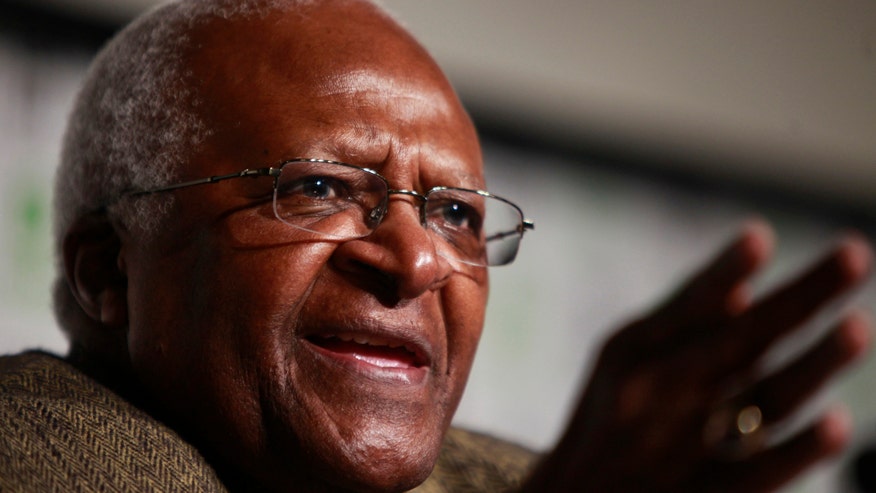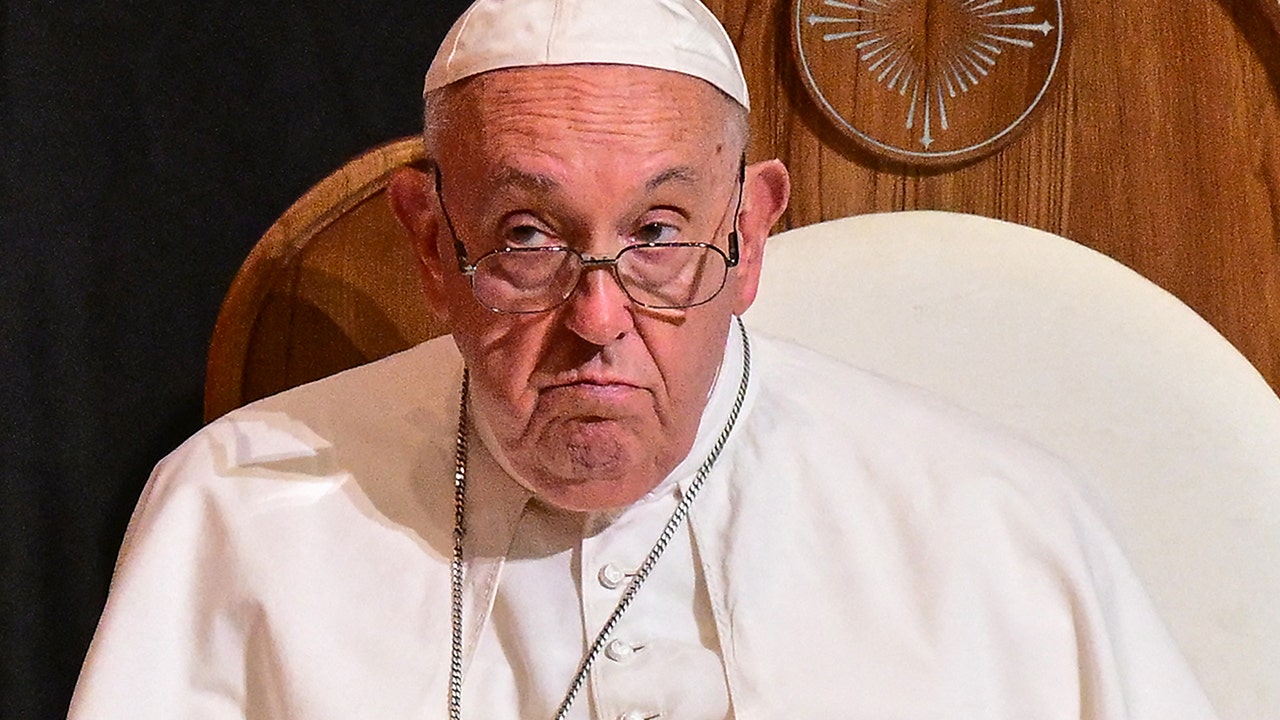Editor’s note: We all need to forgive, and there are many of us who need forgiveness. The question is, how do we forgive? In their new book, “The Book of Forgiving,” Archbishop Tutu and his daughter Mpho Tutu share their experiences, the stories of others who have inspired them, and what they have learned about the process of forgiving, to help all of us learn the answer to this. And, they are calling YOU to join the Tutu Global Forgiveness Challenge, to join them in undertaking the path for healing ourselves and our world.
When I am hurt, when I am in pain, when I am angry with someone for what they have done to me, I know the only way to end these feelings is to accept them. I know that the only way out of these feelings is to go through them. We get into all sorts of trouble when we try to find a way to circumvent this natural process.
Growth happens through obstacles and only with resistance. A tree must push up against the dirt, the solid resistance of the ground, in order to grow.
[sidebar]
Muscles grow when we apply a counterforce of resistance against them, but first they tear apart and break down, only to become even stronger in the rebuilding.
A butterfly struggles against the cocoon that surrounds it, and it is this very struggling that makes it resilient enough to survive when it breaks free. So it is that you and I must struggle through our anger, grief, and sadness, and push against the pain and suffering on our way to forgiving.
When we don’t forgive, there is a part of us that doesn’t grow as it should. Like the butterfly, we must become stronger and more resilient, and we will transform. We cannot remain frozen in a chrysalis.
We would understand if the Dalai Lama, after more than fifty years in exile, was embittered and full of hate for the people responsible for his and his people’s exile, but instead he has made the choice to forgive, and he is one of the most joyful and compassionate people I have ever met.
We admire people like this, people who grow through forgiving.
His compassion is all the more remarkable because of the forces set against him, which could have evoked anger and rage. We can all strive to be this way. But it does not come easy or cheap. We must choose forgiveness over and over again, and cultivate it as a quality of our character.
Sometimes we are able to forgive quickly and sometimes more slowly. If you find that you are still resistant to the idea of forgiving, it is understandable. Many people will carry grudges and resentments for years, believing this will somehow hurt the other person. In truth, it often only hurts the one who carries the grudge or resentment.
Many of us live our lives believing that hating the person who hurt us will somehow end the anguish, that destroying others will fix our broken, aching places. It does not.
So many seek this path and it is only when they stand in the aftermath of destruction, amid the rubble of hatred, that they realize the pain is still there. The loss is still there.
Forgiving is the only thing that can transform the aching wounds and the searing pain of loss.
Excerpted from “The Book of Forgiving,” by Archbishop Desmond Tutu and Reverend Mpho Tutu, reprinted with permission by HarperOne, an imprint of HarperCollins Publishers. Copyright 2014.
To sign up for the Tutu Global Forgiveness Challenge, visitforgivenesschallenge.com.


Leave a Reply